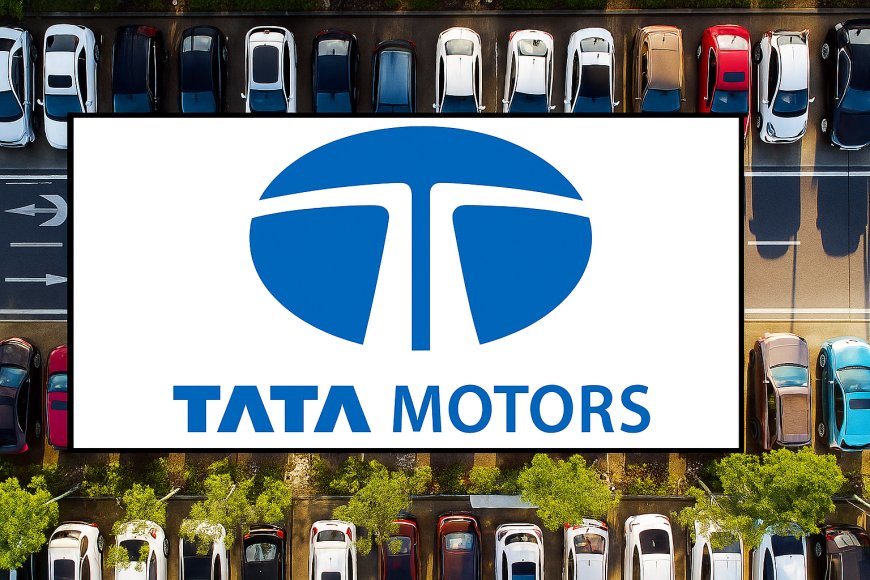Tata Motors Demerger: Tax-Free on Receiving Shares, Watch Out When You Sell
Get insights on Tata Motors demerger. Learn why receiving shares is tax-free and how to handle capital gains when you sell.

Tata Motors Demerger: Tax-Free on Receiving Shares, Watch Out When You Sell
Tata Motors, one of India’s leading automotive companies, recently announced a demerger of its electric vehicle (EV) division into a separate entity. Demergers are common in the corporate world as they help companies unlock value, focus on core operations, and attract investors. However, investors need to understand the tax implications when they receive shares from such corporate restructuring.
What Happens in a Demerger?
A demerger occurs when a company splits a division or business into a separate company, and shareholders of the parent company are allotted shares in the new entity. For example, if you hold Tata Motors shares, you might receive shares in the newly formed EV company in proportion to your existing holdings.
Tax Treatment at the Time of Receiving Shares
Under Indian tax laws, specifically Section 47(vi) of the Income Tax Act, receiving shares in a demerger is not treated as a taxable event. This means:
-
You do not pay capital gains tax when the new shares are allotted.
-
The cost of acquisition of the original shares is carried forward to the new shares for calculating capital gains in the future.
Important Points to Remember:
-
No tax on receipt: Simply receiving shares from a demerger does not trigger capital gains tax.
-
Record the original cost: Keep track of your original purchase price for Tata Motors shares. This will be required when you sell the demerged shares.
-
Date of acquisition: The acquisition date of the original shares is considered for the new shares as well.
Capital Gains Tax When Selling the Shares
While receiving shares is tax-free, selling them in the future may trigger capital gains tax. The rules depend on the holding period and the type of capital asset:
-
Short-term capital gains (STCG): If you sell within 12 months, the gains are taxed at 15%.
-
Long-term capital gains (LTCG): If held for more than 12 months, gains exceeding ₹1 lakh in a financial year are taxed at 10% without indexation.
Example:
Suppose you bought 100 Tata Motors shares at ₹500 each. After the demerger, you receive 20 shares of the new EV company. The cost of acquisition for the 20 new shares is calculated proportionally, say ₹100 per share. When you sell these new shares later, your capital gains tax will be based on this adjusted cost.
Conclusion
Demerger events like Tata Motors’ EV spin-off are exciting investment opportunities. The good news is that you won’t pay tax when you receive the shares, but careful record-keeping is essential. When you decide to sell the new shares, knowing the original acquisition cost and holding period will help you calculate capital gains accurately and avoid surprises during tax filing.

 Ellofacts
Ellofacts 





